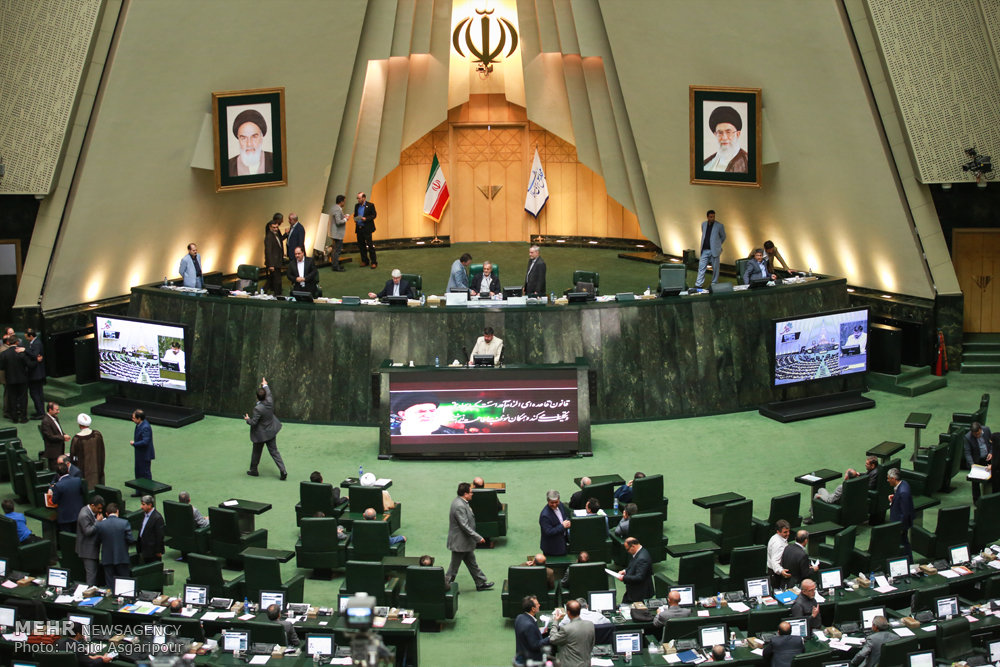Iranian parliament votes to boost military budget in response to U.S.

TEHRAN – The Iranian Parliament voted overwhelmingly on Sunday to approve the outlines of a bill to counter the “U.S. terrorist and adventurist acts in the region”, boosting by more than 500 million dollars investment in missile defense industry and operations by the IRGC Quds Force.
Out of 247 MPs present in the parliament, 240 MPs voted for the bill.
The 27-point bill, which will be surely endorsed by the Guardian council for implementation, tasks the government to allocate an additional $260 million for the “development of the missile program” and the same amount to the Quds Force to fight terrorism.
The bill will also impose sanctions on U.S. military and intelligence officials in the region.
The bill is in response to the newest round of U.S. sanctions against Iran.
The U.S. Congress in late July adopted a legislation against Iran for its defensive missile program, alleged human rights violations, and what they called Iran’s “destabilizing” role in the region.
Parliament National Security and Foreign Policy Committee spokesman Hossein Naqavi Hosseini said that the bill does not violate the Joint Comprehensive Plan of Action, the official name for the nuclear agreement.
Parliament Speaker Ali Larijani said the bill is very important and the government is tasked to take actions in accordance with the ratification.
He added the Iranian parliament will monitor the U.S. behavior.
“The U.S. should know that the bill to counter the U.S. adventurism and terrorist acts was the first step that parliament took,” he stated.
Iranian Deputy Foreign Minister Abbas Araqchi said that the bill is a “firm” response to U.S. animosity and crimes.
“This bill is part of the JCPOA overseeing committee to counter the recent U.S. Congress approval and is supported by the Foreign Ministry and the government,” Araqchi stated.
Araqchi also said the bill was not in violation of the nuclear agreement.
MP Mohammadreza Sabbaqian said the U.S. hostile actions against Iran are clear to all and the bill should consider more strict acts to counter the U.S.
NA/PA
